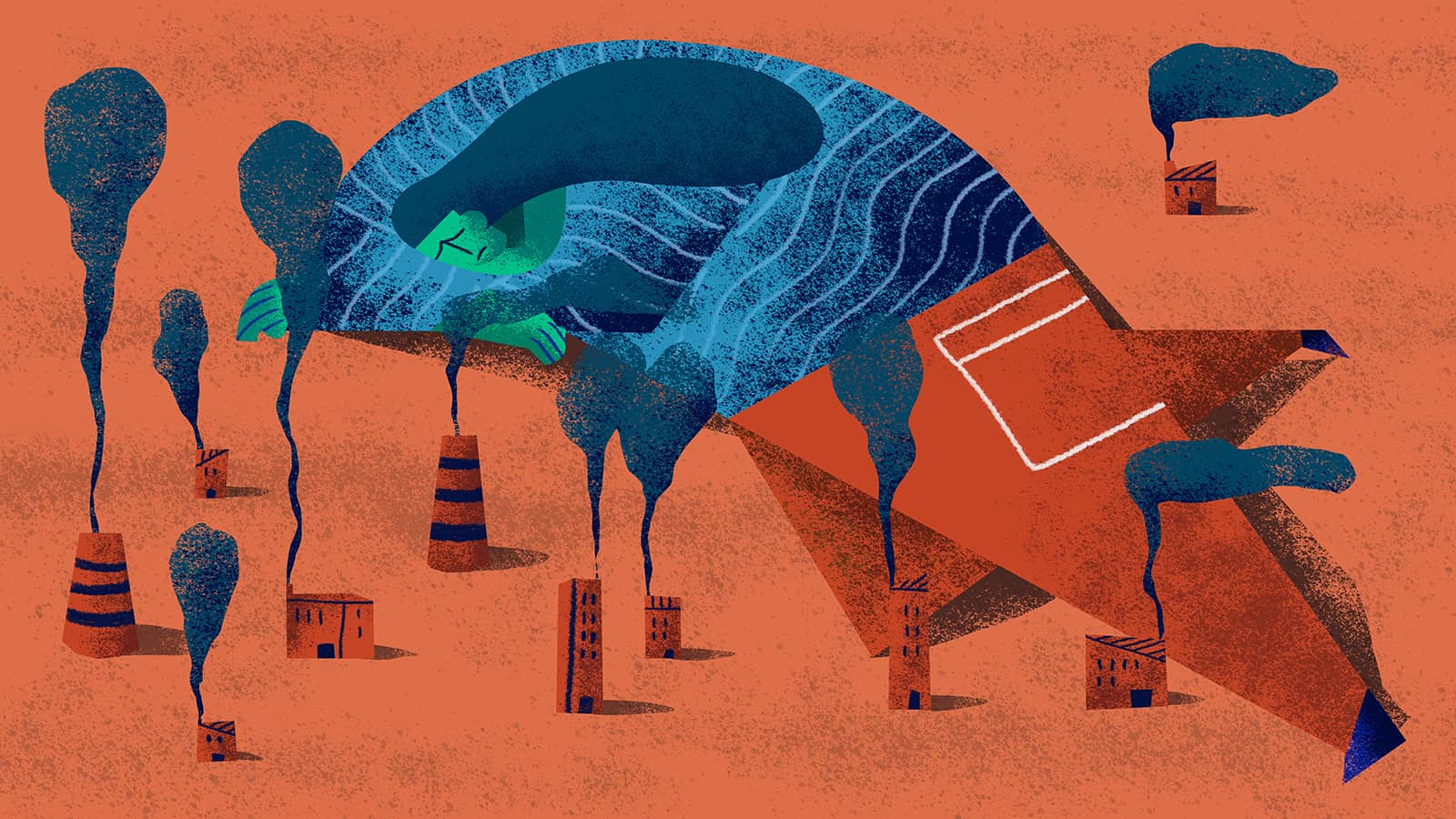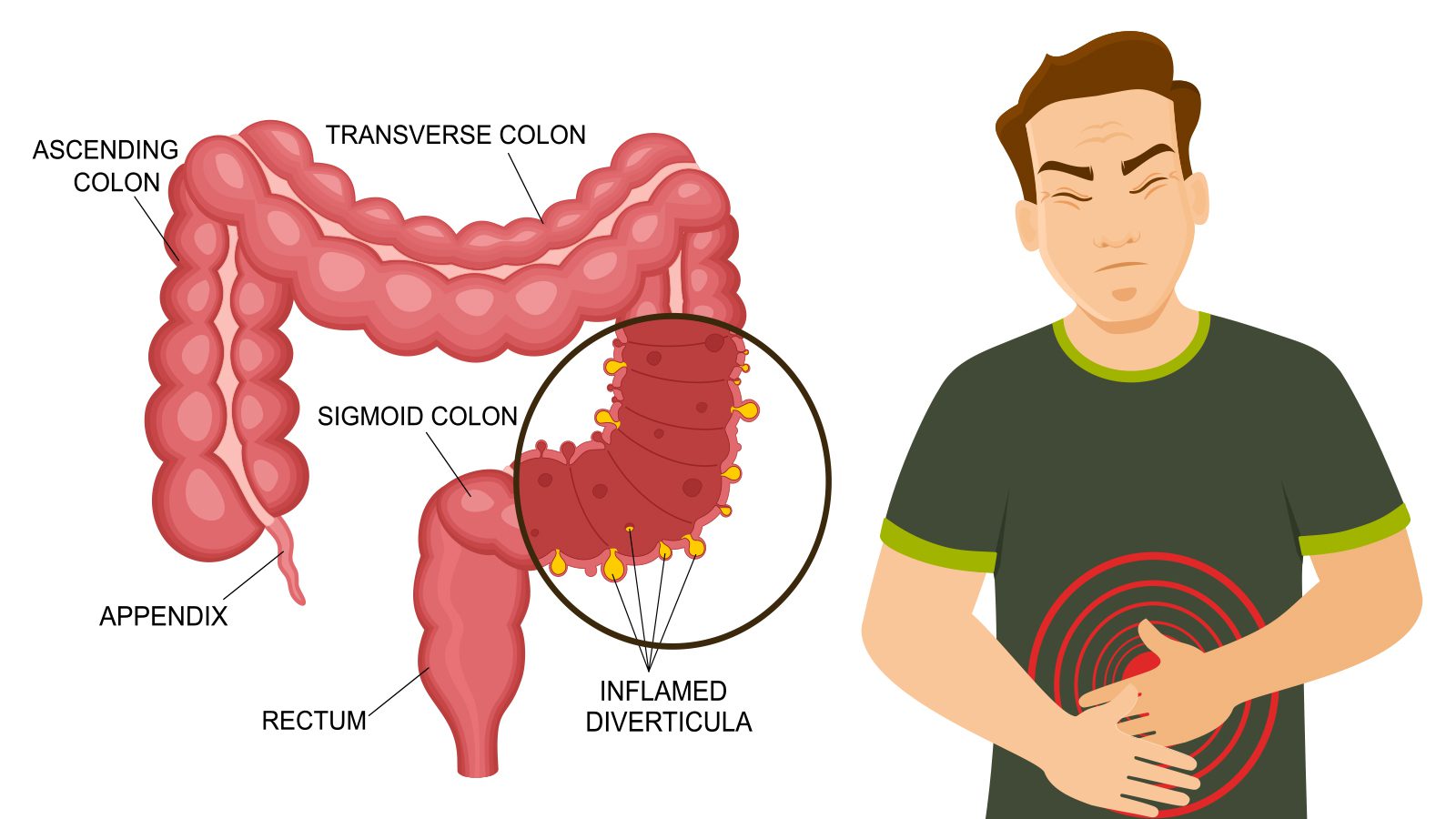High-functioning depression is perhaps more insidious than we can imagine. It impacts people across the board–even those with significant successes in life.
In Michelle Obama’s podcast, she admits, I’m waking up in the middle of the night, cause I’m worrying about something, or there’s a heaviness … There have been periods … where I just, have felt too low … I know that I am dealing with some form of low-grade depression.
Ms. Obama’s description of what she experienced, calling it low-grade depression, is often called high-functioning depression. This type of depression can plague individuals even in the midst of what seems to those outside to be an everyday, happy, active life.
What is high-functioning depression?
High functioning depression’s scientific name is Persistent Depressive Disorder. NIH estimates that approximately 2.5% of adults in the United States experience Persistent Depressive Disorder at some point in their lives.
High-functioning depression is the term most people use today to describe this type of depression that remains even though a person functions in their work, at home, or in school. It often goes unnoticed by family and friends and sometimes even by the person who has it.
Sadly, many people who have HFD believe they don’t need to get help because they’re able to “press through” their sadness. They feel happy on the surface but could be still battling underlying symptoms of depression.
What are the 13 key signs of high-functioning depression?
High-functioning depression is hard to detect because the symptoms are less debilitating and less visible than other depression. The symptoms of this condition include:
- Insomnia or sleeping too much
- Loss of appetite or overeating
- Fatigue
- Lack of concentration
- Feelings of hopelessness
- Feelings of sadness
- Poor self-esteem
- Lack of energy or motivation
- Feelings of guilt about your past
- Tearfulness
- Irritability
- Easily overwhelmed
- Getting frustrated easily
Your symptoms may last for a couple of days, or you may constantly have a poor mood that lasts for years. Most people can live reasonably normally but still struggle on the inside. If you struggle with HFD, remember, you’re not alone. There is a treatment for your depression. You don’t need to suffer.
Why is it hard to notice high-functioning depression symptoms?
People who experience high functioning depression rarely have paralyzing depression symptoms. They can usually go about their everyday life and routine with no signs of sadness. They have energy and seem to experience satisfaction and enjoyment. But those individuals who suffer from HFD will describe how they feel inside as “numbness.”
This situation is why mental health providers may misdiagnose HFD. Plus, those who suffer from it have a problem acknowledging their real feelings.
Who is most at risk for high-functioning depression?
Specific individuals are more susceptible to depression, including those who have
- Family history of depression
- Trauma, stress, or significant life changes happening
- Taking certain medications or physical illness
Why don’t individuals who suffer from high functioning depression seek help?
Those who struggle with high functioning depression don’t always seek help because they may feel like their depression isn’t as severe or persistent. They may tell themselves that it isn’t a real problem or don’t want to bother their family or friends.
Maybe they feel as if they should go through the pain and suffer in silence. This may cause those who suffer from high functioning depression to feel isolated. Because they don’t seek help, they feel even more isolated and sad until they increase their risk of suicide. All types of depression are treatable. The first step is to talk with a counselor. They may prescribe medications to help control your depressive feelings and thoughts.
What can help individuals who suffer from high functioning depression?
Besides taking medication and regularly seeing your therapist, you can do some practical things to help fight high-functioning depression.
Acceptance
Accept the fact that you have this persistent condition. By accepting that you experience high functioning depression, you can feel relief or grief. It’s the first step to being able, to be honest with yourself.
Acknowledge that it affects your life. Once you’ve accepted this, you can adjust your life around it if needed.
Keep the faith
Connect to God. Find time every day to pray and read about God. Seeking help from a higher being will add meaning and purpose to your life. It can bring a sense of peace and calm to your heart and mind.
Disconnect once in a while
Limit your screen time on your iPhone or computer. There’s such a thing as screen time depression. If you look at a screen for several hours per day, it can make you feel anxious and depressed.
Discuss your emotions
Talk about how you’re feeling. Talking out your sadness and anxiety can help you feel better. Don’t worry about talking about your depressive symptoms. Don’t hide your feelings. In the end, others will be glad you were honest with them.
Keep a routine
A simple daily routine when you eat, exercise, work, and sleep can help reduce your symptoms.
Exercise to decrease high-functioning depression
Getting regular exercise sets off brain molecule changes that enhance your sense of happiness.
Enjoy nature
Get outside. Getting outside is a natural cure for depression. Whether you run, hike or walk, the fresh air and sunshine can help improve your mood. Plus, you get your blood going, allowing you to feel physically better.
Be social
Plan social activities. That’s because even if you don’t want to, time spent with your family and friends helps alleviate your sense of isolation and loneliness.
Relax
Try yoga classes, meditation, or massage to fight your high-functioning depression.
Connect in the community
Get active in your community. It may be helpful to get your mind off yourself and focus on the needs around you. Get involved in your community by volunteering at an animal shelter, homeless shelter, or food bank. Maybe you could tutor kids after school to help them learn to read or coach a kid’s baseball team.
How can you help someone with high-functioning depression?
The main thing that you can do for someone suffering from high functioning depression is to let them know you’re there for them. It’s not always easy, but your presence can be crucial for admitting and finding help for their depression. Here are some ways to help someone you know who is suffering from high-functioning depression.
- Acknowledge that their feelings are valid and authentic.
- Please encourage them to get counseling.
- Help them keep a regular schedule of eating, exercising, and sleep.
- Remember that you’re limited to what you can do. You can’t force them to do something.
- Don’t judge them.
Things to watch for include:
- Hygiene changes such as changes in bathing, shaving, or other toiletries could be a sign of depressive states.
- Changes in eating habits. Weight loss or weight gain without trying.
- Suicidal thoughts or talk. Here are a few signals. Finding a new home, giving away treasured items, writing a will, sending an email or text that apologizes for things that happened in the past.
If someone you love has suicidal thoughts, get help right now.
Please call the National Suicide Prevention Lifeline right as soon as possible at 1-800-273-8255. You may want to text the crisis text line at 741741. These services are open 24/7 and free. The calls are confidential. If you are concerned about a friend’s social media posts, you can directly connect with the social media outlet or dial 911 on your iPhone and explain your concerns.
Do you have high-functioning depression?
How do you know if you’re dealing with high functioning depression? Here are some signs that you may deal with a form of high-functioning depression.
- People describe you as gloomy. You rarely see the bright side of things.
- Have you been called lazy because you can’t get the energy to do things?
- You don’t feel good about yourself. You hate compliments but like to criticize yourself.
- Your weight goes up and down because your appetite grows or diminishes depending on how you feel.
- You cry about things easily or feel hopeless for no reason.
- You aren’t performing well at work or school.
- You’re tempted to take something like alcohol or drugs to feel better.
Final thoughts on overcoming high-functioning depression
Some people like to call high functioning depression the invisible illness. It’s hard to admit your struggles with depression but usually have the chance to talk about what you’re going through help. Mental struggles aren’t something to be ashamed of, and many people have similar struggles. If you struggle with high functioning depression, be sure to talk with a doctor or counselor right away. There are successful treatments for your depression. You don’t need to suffer alone.


















